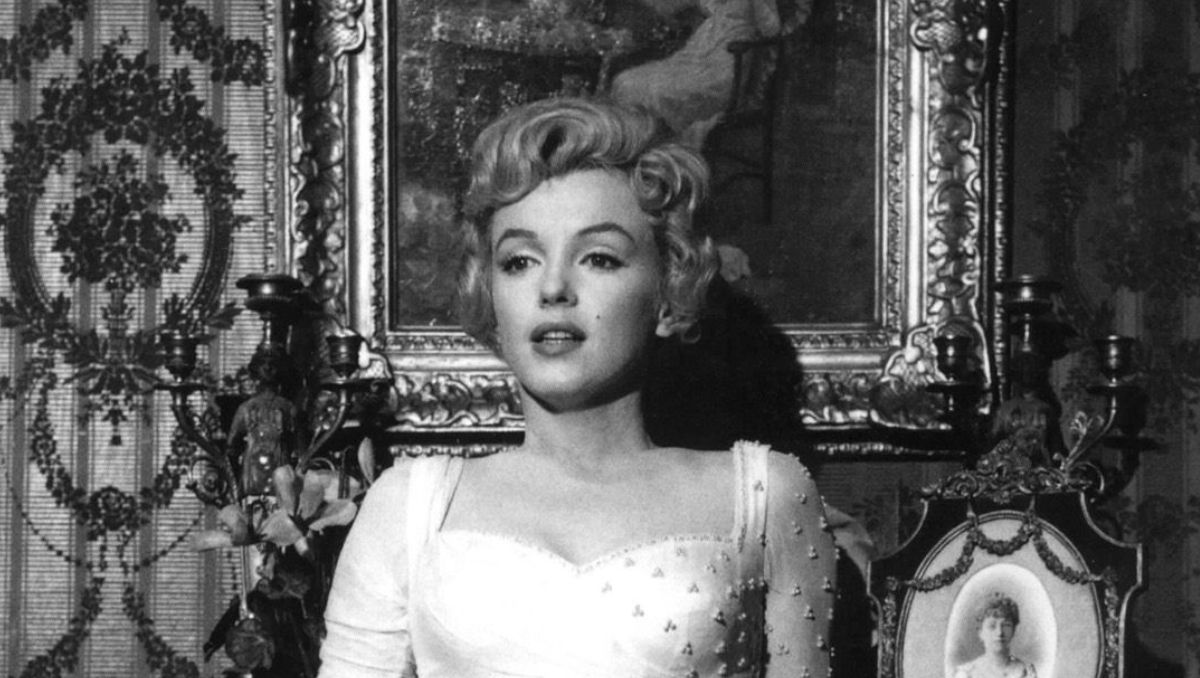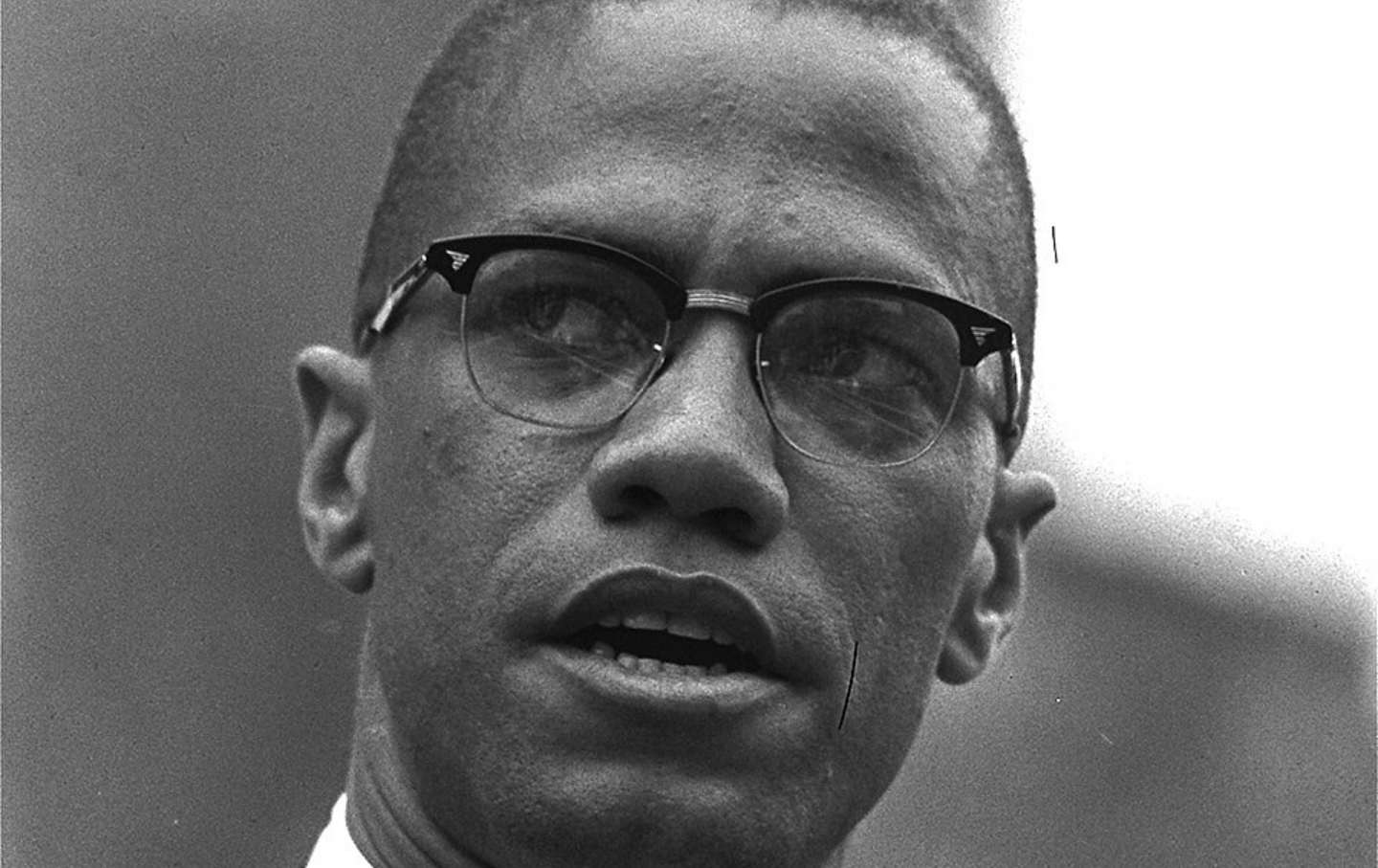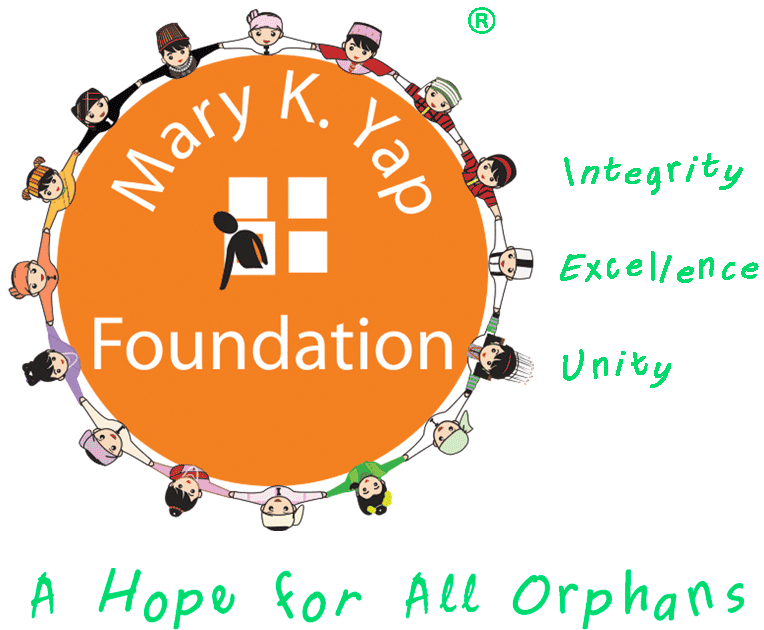
From Foster Child to Hollywood
No other Hollywood celebrity has captured the hearts and affections like Marilyn Monroe has done for decades. Her stardom and popularity continued to glow even
Making a Difference ●Building Dreams ● Creating Impact ● Saving Lives
No products in the cart.



No other Hollywood celebrity has captured the hearts and affections like Marilyn Monroe has done for decades. Her stardom and popularity continued to glow even

World Orphans Day: A Tribute to Malcolm X As we commemorate World Orphans Day, the Mary K. Yap Foundation is honored to pay tribute to
